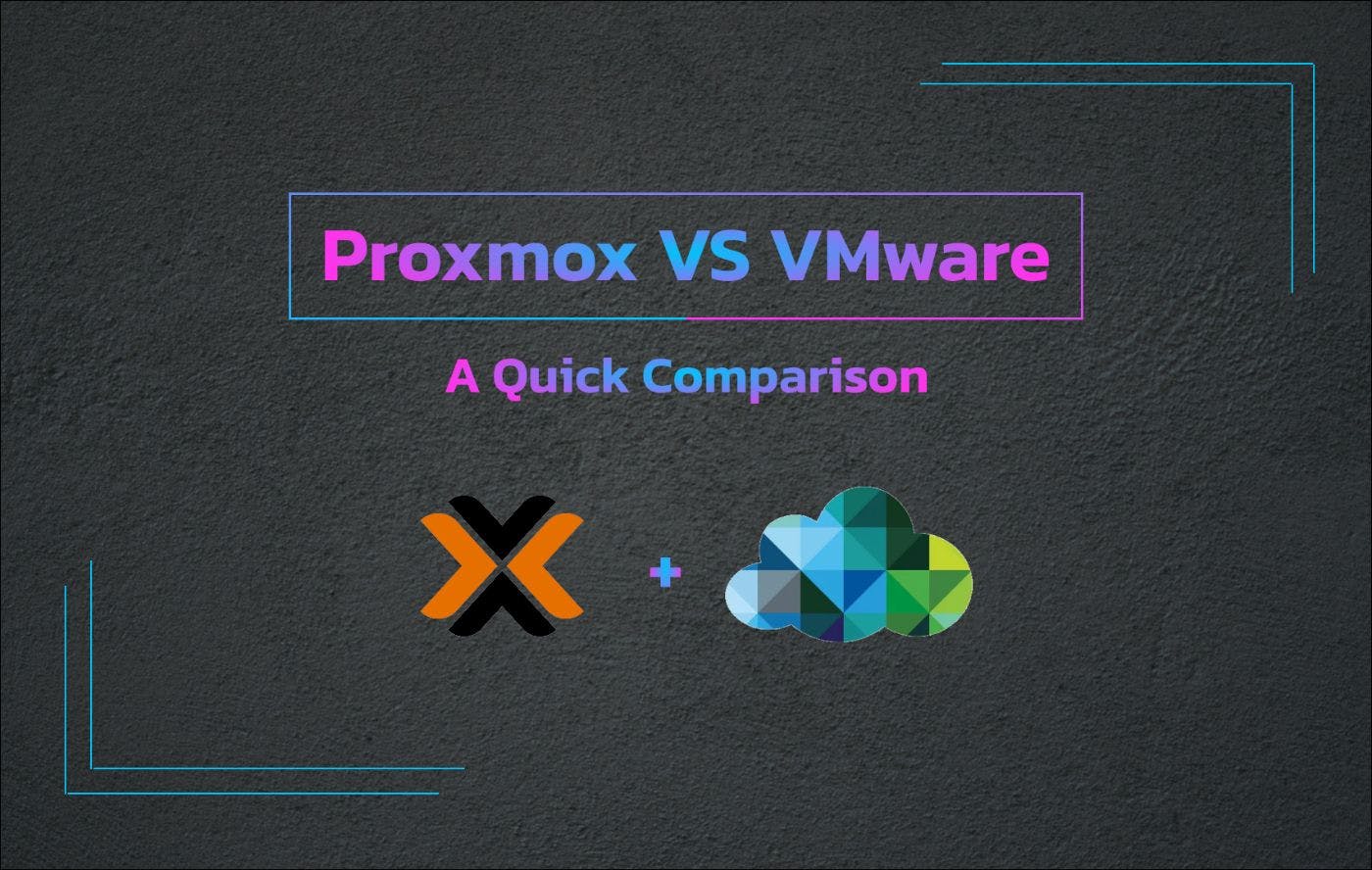21,352 reads
Proxmox vs. VMware: A Quick Comparison
by
September 21st, 2023
Audio Presented by
Writer, Storyteller, Editor, Content Strategist, and Copywriter. Open for hiring
About Author
Writer, Storyteller, Editor, Content Strategist, and Copywriter. Open for hiring
